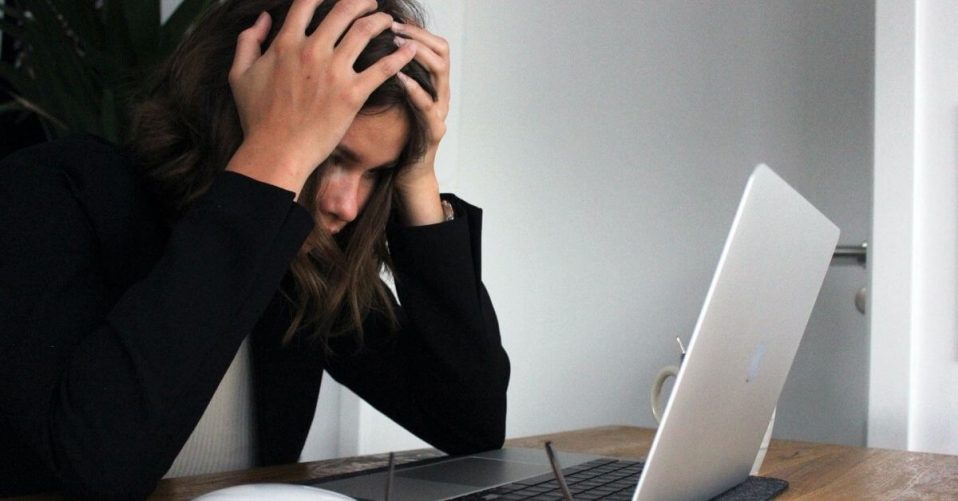A mental health first aider acts as the first point of contact for anyone who want to discuss their mental health. The mental health first aider can provide advice and support in a confidential, non-judgemental way before a professional mental health specialist is contacted.
Mental health is highly important to living a healthy life. It affects our emotional, psychological and social well-being, and is integral to the way we feel, think and act. Understanding of mental health has greatly developed in recent years, however there is still a lot to learn about the problems faced by those suffering with their mental health.
Mental health is just as important as physical health, as such it should be cared for in the same way. With the level of stigma around mental health people can often feel uncomfortable talking about their feelings. Understanding how to effectively support a person struggling with their mental health is an important skill.
Who should become a mental health first aider?
A mental health first aid course is ideal for anyone looking to better understand mental health and how to support those struggling with it. Anyone can take a mental health first aid course, however there are certain professions where it is especially advisable. Understanding how to support those struggling with mental health is important within all professions, especially for those in charge of others.
Mental health in the workplace
Mental health training isn’t only beneficial for employers but can also greatly support employees. Covid has resulted in many struggling to find steady work. A large part of the recruitment process is finding candidates with the right skills for the role. Although role-specific skills are important, employers also look for candidates’ soft skills. The ability to build positive relationships with colleagues and support them in their lives creates a good company culture. Something highly important to companies, especially within a post covid society.
Mental health in education
For Teachers and Careworkers who work around young and vulnerable individuals this training can be especially beneficial. Young and vulnerable people are particularly susceptible to mental health problems, with 1 in 6 school children struggling with their mental health. Completing a mental health first aid course will give you the tools and understanding you need to support individuals with their mental health. While mental health education is compulsory in schools as a result of our initial Headucation campaign, mental health training for teachers isn’t. Teachers and education staff play a large role in the lives of children and, as such, are in the right position to recognise the signs of mental health problems within the children in their care. But how do you recognise these signs?
Why become a mental health first aider?
Negative mental health affects 1 in 4 people. By completing a mental health first aid course you can learn the skills you need to support people with their mental health. As an authority figure in someone’s life, whether that be as a teacher or employer, you are an integral part of their support process. You are not the whole solution, however.
By becoming a mental health first aider you will learn the skills to understand what can affect a person’s mental wellbeing, as well as how to identify signs of various mental health issues. By learning how to confidently reassure and support someone struggling with mental health you will be able to effectively signpost an individual to the appropriate support and resources they need. Although you are not the whole solution, you will be an important part of supporting mental wellbeing.
All proceeds from our mental health training courses will go to our Headucation2025 campaign that aims to train 151,000 teachers in the basics of mental health support. This campaign will provide front line mental health support for nearly 2.5 million school children across the country every year.
We need all the help we can get to provide this crucial training – please support us by donating, booking one of our mental health training courses or buying a product from our store.












